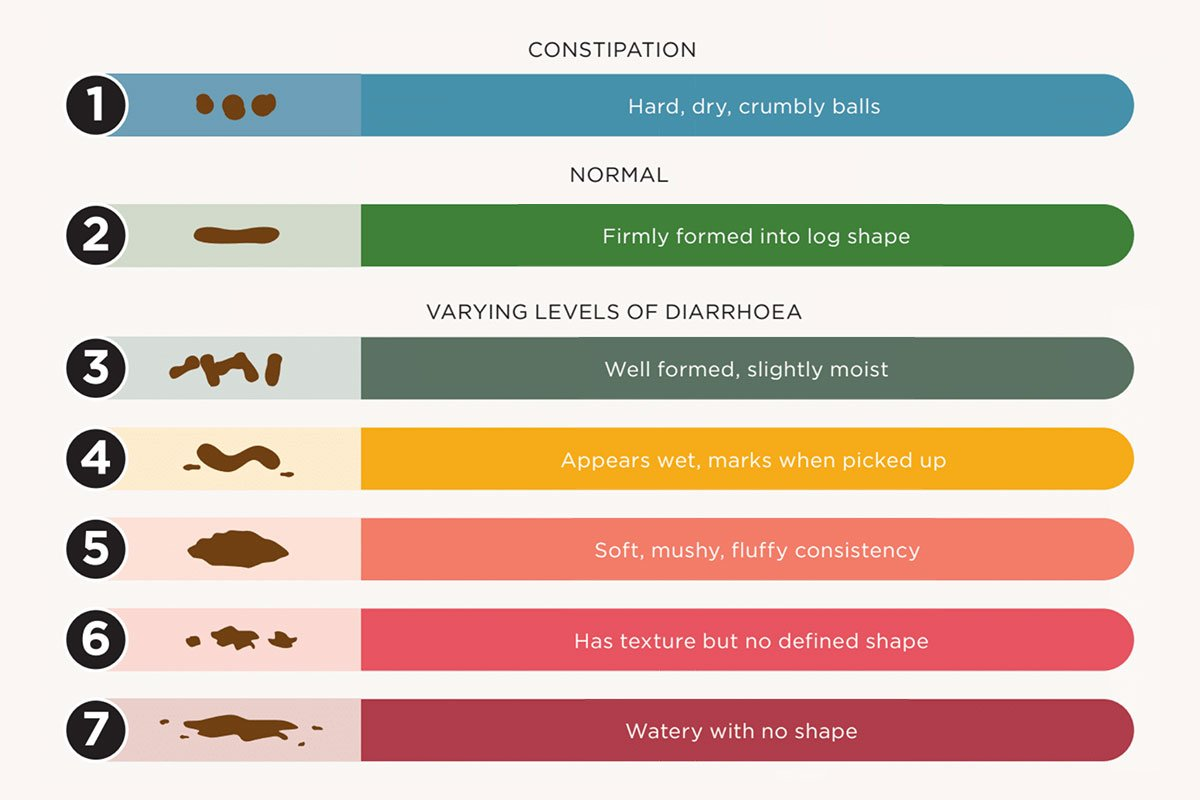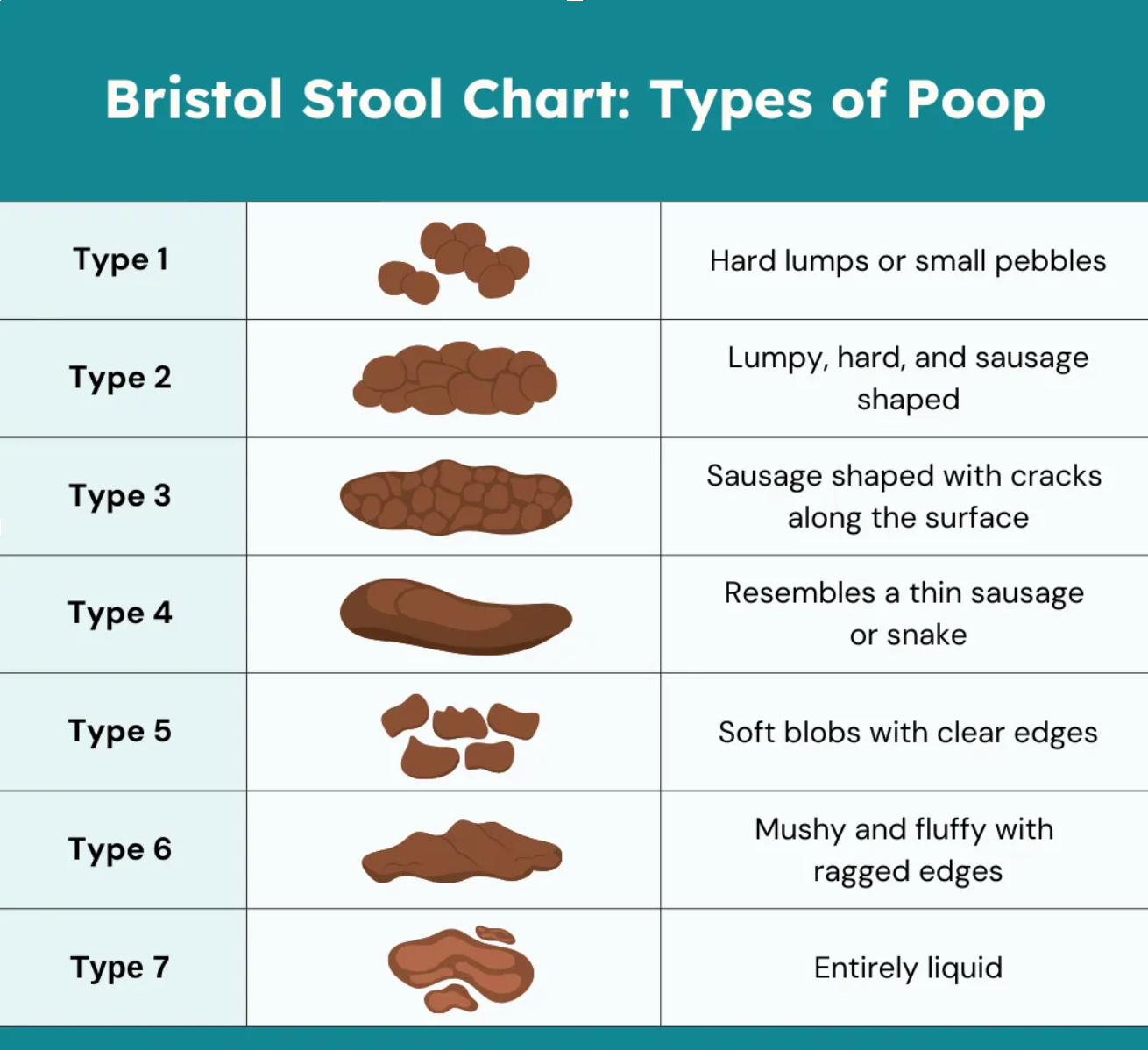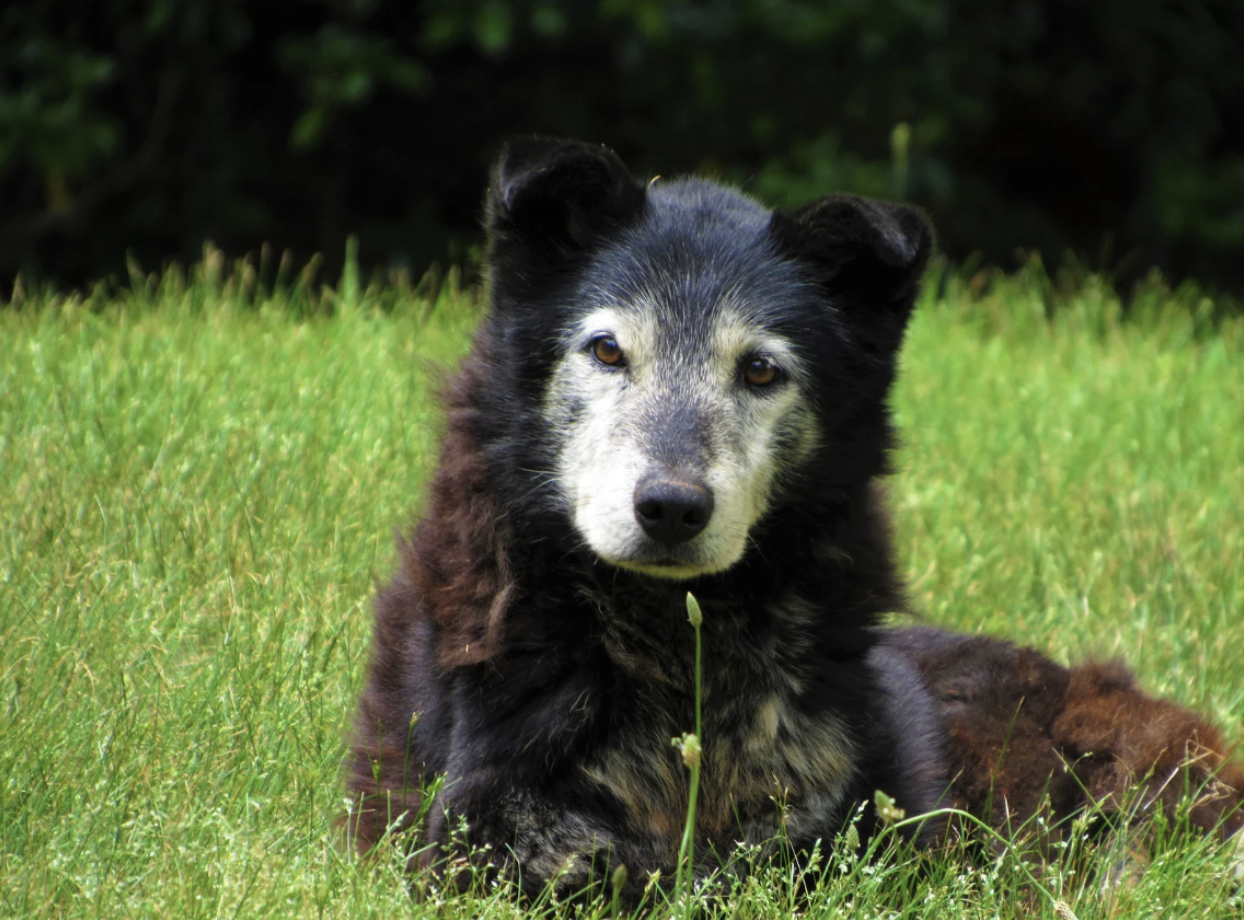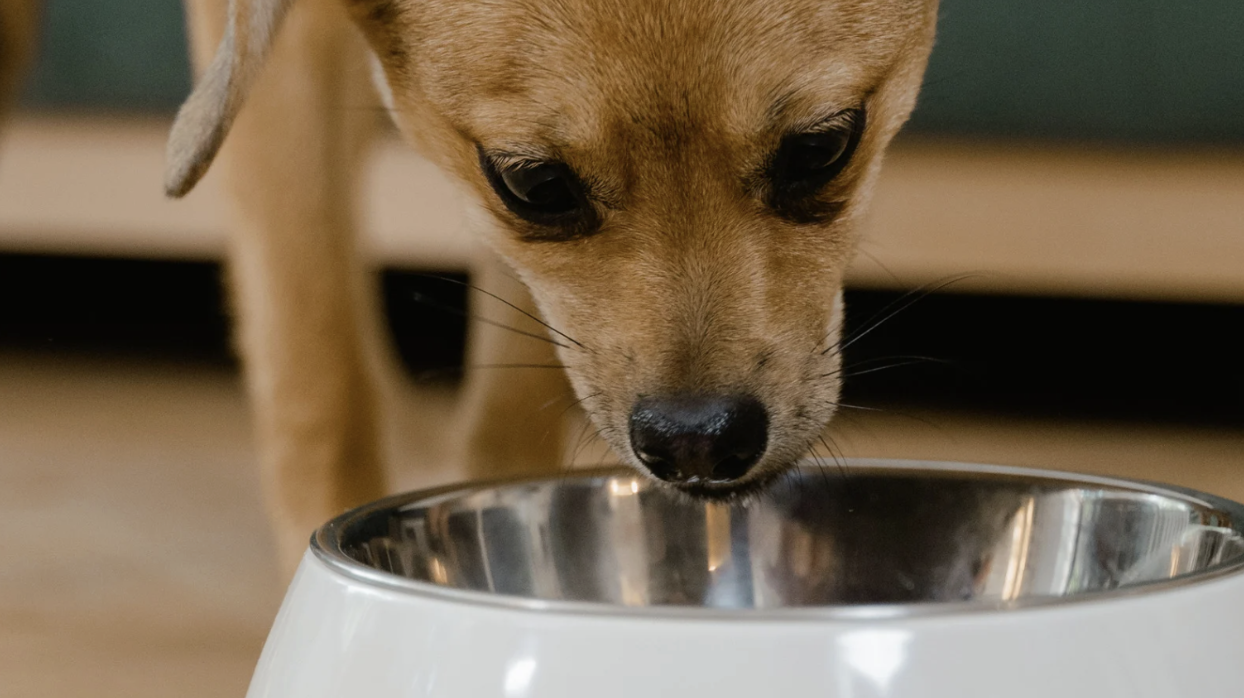


Dog poop may not be the most glamorous topic, but it’s one of the most important indicators of your dog’s overall health. In this guide, we’ll show you how to read your dog’s poop like a report card, understand how diet affects stool quality, and discover how Petsona’s personalized dehydrated meals can naturally improve gut health from the inside out.
For most pet parents, picking up dog poop is just another part of daily care. But from a nutrition and veterinary perspective, it’s actually a direct reflection of your dog’s digestive and nutritional health.
By observing the colour, shape, odour, and frequency of your dog’s stool, you can tell whether they’re digesting food well, absorbing nutrients properly, or showing early signs of gut issues.
According to veterinarians, healthy dog poop should be:
If your dog’s poop is too soft, too hard, discoloured, or contains mucus or blood, it may signal an underlying digestive imbalance or dietary problem.
Your dog’s poop colour can vary depending on their diet, hydration, and gut condition. Here’s what different colours might tell you:
- Colour > Possible Cause
- Dark / Medium Brown > Normal, healthy digestion.
- Light Brown / Yellow > Too much fat intake or low bile secretion.
- Black > Possible upper digestive tract bleeding, see a vet immediately.
- Green > Excess greens or grass, or rapid digestion.
- Red / Bloody > Intestinal inflammation, parasites, or lower tract bleeding.
- Grey / Pale > Possible liver or gallbladder issues.

Monitoring stool colour regularly helps pet parents detect potential issues early, especially during hot, humid weather or dietary transitions when stomach sensitivity is more common.
While originally designed for humans, the Bristol Stool Scale can also help pet parents assess their dog’s digestive condition.
Type - Texture - Meaning
1–2 - Hard lumps or pellets - Constipation, dehydration.
3–4 - Log-shaped, smooth or slightly cracked - Ideal, healthy digestion.
5–7 - Soft to watery - Diarrhea or intestinal inflammation; adjust diet.

If your dog consistently passes soft, watery, or very hard stool, review their diet, overly oily food, lack of fibre, or low hydration could be the cause.
The quality of your dog’s stool is directly linked to what they eat. The balance between kibble, wet food, and fresh fooddetermines how well their gut digests and absorbs nutrients:
Studies show that diets with moderate protein, adequate fibre, and natural prebiotics help maintain a healthy gut microbiome, leading to more regular, well-formed poop.
Choosing a balanced, high-quality fresh diet is key to supporting digestive health and consistent bowel movements.
Every dog has unique digestive needs based on their age, activity level, and sensitivity. That’s why Petsona creates personalized dehydrated meal plans scientifically designed for your dog’s body and lifestyle.
Petsona’s Fresh Meal Advantages:
As your dog’s gut health improves, you’ll notice more stable stool colour, reduced odour, and firmer, cleaner poop, making daily clean-up effortless.
Petsona Tip: Stable poop means a balanced gut. A healthy gut means a happier, more energetic dog.
Small daily habits can help you stay ahead of your dog’s digestive health:

Your dog’s poop is their silent language for telling you how they feel inside.
Through mindful observation and the right nutrition, you can prevent digestive issues and support a longer, healthier life.
Ready to transform your dog’s gut health?
Discover how Petsona’s personalized dehydrated meals can bring balance to your dog’s digestion, because true wellness starts from the inside out.

Q1: My dog’s poop smells really bad. Does that mean poor digestion?
A: If the smell is unusually strong or sour, it could be due to excessive protein, gut flora imbalance, or incomplete digestion. Switch to meals with natural fibre and prebiotics, such as Petsona’s fresh, balanced recipes.
Q2: My dog’s poop is soft but they seem fine. Should I see a vet?
A: Occasional soft stool is normal and often linked to diet changes or weather. Monitor for 1–2 days and reduce fatty treats. If it persists beyond 3 days or includes blood or vomiting, consult your vet immediately.


